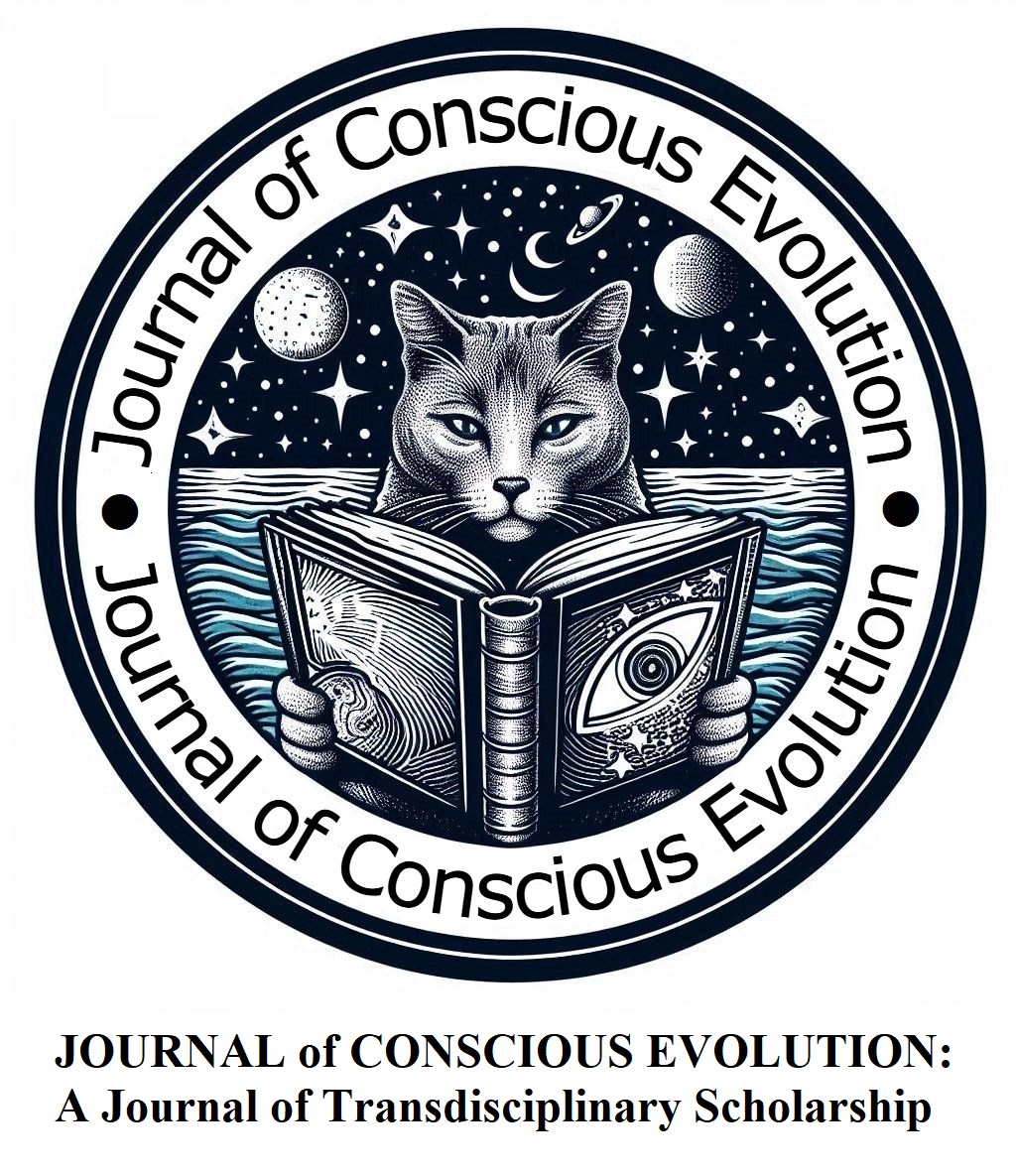
Abstract
There has grown up, relatively recently, a nucleus of interests called ìconsciousness studiesî in which physicists and mathematicians, as well as neuroscientists and psychologists, attempt to discover the origins of ìconsciousnessî within the brain. A variety of approaches are employed, some based upon neural networks, others that argue that consciousness must have a quantum mechanical basis, or involve self-organization arising out of non-linearity. A common thread is a certain sense of optimism that ìthe question of consciousnessî will yield its secrets in the same way as, for example, the genetic code or sub-atomic matter. I must confess that I find none of the approaches or arguments particularly convincing. "It could be soî, I find myself thinking, "but it could equally be otherwise.î My greatest concern is that old habits of thinking and ways of seeing, which could, in part, be termed mechanistic or reductionist abound in this new field, a field, I believe, that is radically different from anything science has hitherto explored. There are deep philosophical problems still to be debated, issues involving questions of identity, the role of the observer, the movement from object to process, the role of the subtle and the transformation of matter by what may lie beyond. We must move cautiously. The issue is informed from several different sources. There is the subjective, which can be perfectly rational and, in a cer tain sense, scientific. The subjective includes knowledge and approaches from the personal, the psychotherapeutic and various meditative and mystical traditions. Then there is our increasing scientific knowledge of the brain's structure and chemistry, as well as the similarity of certain neurotransmitters to molecules employed by the immune system, which, distributed throughout the body, may well be as complex and equally subtle as the brain itself. Speculations about consciousness, non-locality, subtle levels of matter and active information also come from theoretical physics. Such an influx of creativity, from the theoretical sciences, is to be welcomed yet there is a danger of a certain naivetÈ capable of glossing over much deeper issues. To this list of sources I would add the philosophical tradition, of West and East, instruments of investigation that are sometimes ignored by scientists working in the field. Anyone speaking about "consciousness", for example, should be cautioned by Wittgenstein's writings on language games. Indeed, language is one of the key issues in our whole venture. Having had the privilege of discussions with Native American elders who speak the Algonquin family of languagesóall strongly verb-basedóI realize how deeply conditioned is our thinking by noun-based Indo- European languages. Our acts of speech incline us to perceive a world of objects and of concepts. The creation of the concept, placing a boundary around thoughts, ordering them into classes, and classes of classes, seems inevitable to us and the very basis of our logical thought. It is therefore salutary to realize that an equally rational and deeply philosophical people do not involve themselves with the creation of concepts but base their thinking on process, transformation and flux. Were a Blackfoot to write an essay on the subject of ìconsciousness" (of course this concept itself would never arise) many of the problems that currently face us-would never arise; a different set of difficulties could, to us, be particularly illuminating. in particular, since group consciousness, shared dreams, constant transformation, and participation in a world of ìenergies" or ìspirits,î seems perfectly natural, Blackfoot philosophers may be less interested in ìcollective mindî that in speculating as how such a thing as an individual consciousness and a fixed ego could ever emerge out of such a flux. In engaging in these investigations we should keep Niels Bohrís maxim before us, ìWe are suspended in language in such a way that we cannot say what is up and what is down. We must never forget that ìrealityî too is a human word just like ìwave' or ìconsciousnessî. Our task is to learn to use these words correctly.î
Recommended Citation
Peat, F. David
(2018)
"Alchemical Transformation: Consciousness and matter, form and information,"
Journal of Conscious Evolution: Iss. 1, Article 4.
Available at:
https://digitalcommons.ciis.edu/cejournal/vol1/iss1/4
Included in
Anthropology Commons, Cognition and Perception Commons, Cognitive Psychology Commons, Developmental Psychology Commons, Philosophy of Mind Commons


